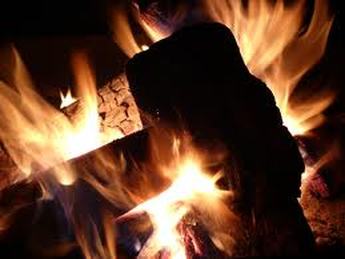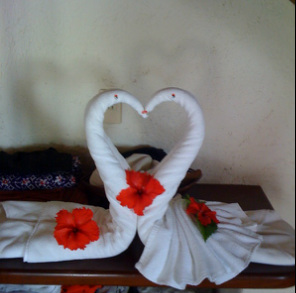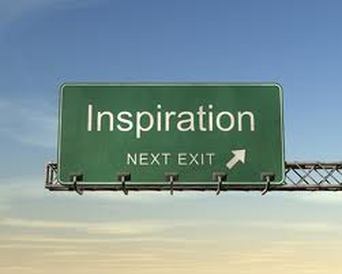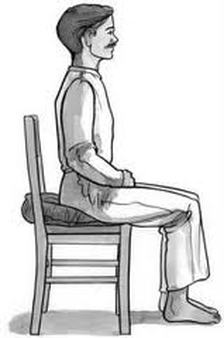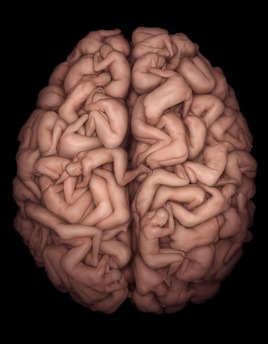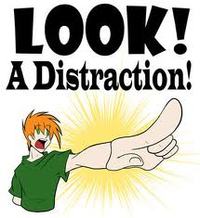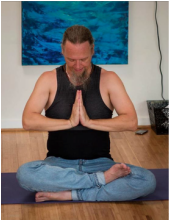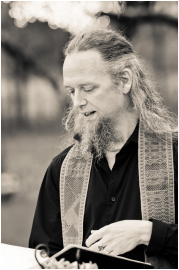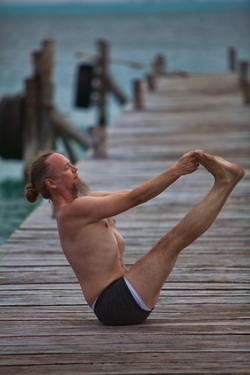
In the modern era here, we've all been inundated with an incredible amount of information, perspective and mythology about food. From the production of what we eat, the processing and distribution of food, to what diet we choose to eat. Lots of folks putting lots of time and words into that realm.
And, yes, there is some truth to that sentiment that says "you are what you eat." It's worthy of thinking on, of discernment and positive action. Don't get me wrong. But, what we are eating is not the entirety of what we are ingesting!
In Ayurveda - the yogic science of life - ama is the concept of anything that exists in a state of incomplete transformation. In particular, it is claimed to be a toxic byproduct generated due to improper or incomplete digestion. Often, the target of internal cleansing is this ama, which has numerous translations from Sanskrit to English: “uncooked”, “un-annealed”, “immature”, “undigested”, “non-nurturing”.
The general principle of is that all inputs, or ahara - food, relationships, environment, entertainment - must be digested as experiences. This digestion depends primarily upon the strength of our agni - the digestive fire that is the product of our tapas in practice. Otherwise they will leave residues that impede function: mental residues, emotional residues, physical residues... undigested stuck matter. A place where illness, discomfort and disease may dwell.
Let's frame it at this - you are what you ingest... ingest nutrition and benefit from it; ingest non-nutritive things and you will have to work a little harder to digest them, appropriately. We can avoid the congestion by ensuring you have time for digestion after ingestion.
Ever practiced on a full stomach?? Just doesn't work (although I used to have a rail-thin student who would tell me right before class "I just ate an entire Cinnabon"... it made me sick to my stomach)!
So, there's the cleansing diets, and the juice fasts and the multiple ways we address the inequities in our diet... but what are you watching and filling your brain with? What music are you just drinking in like Big Gulps? What gossip are you nibbling on like an unending bowl of popcorn? Same thing, we should be digesting and flushing and eliminating, not letting our minds get cluttered with meaninglessness and shite. What's getting taken in, and what is becoming ama?
What time are you putting into digesting that stuff, that ama?? Or, are you just mentally constipated, full of shit? Are you emotionally drained for others because you consume and ingest their dramas and emote them, and then can't actually process them or be involved with helping improve the situation? Are you hungry for others trials and tribulations? In person, through gossip, through the glowing screens in your life?
What are your mental digestive processes? The fire of creativity, imagination and manifestation in images, words, sounds or movements? Discernment through seated silence? Inspection and introspection - what are you doing to ensure there is a moving, flowing digestive process working up top, as well as down under?
Sometimes, we need to make some space... after a big meal, unbutton a button and take a walk. The mat and our practice can be a place where we make some space. You know how it is, you've got a lot of bills to pay and work to do; the stuff is piled all over your desk - what do you do? Well, I make piles until there is a clear space in the center of the desk. Then I bring one thing into it at a time and address it - if I discern it's a distraction, I set it aside and refocus.
This can be the metaphor for our practice - on the mat in asana, or in mindfulness or meditation. Create space, examine items one at a time, discern their import and relevance, keep what is worthy, what wisdom has been gained and learned. Then, process and address the rest of what is in there, and finally release it.
Ingest, process, digest, store, eliminate... then, give thanks and praise!
